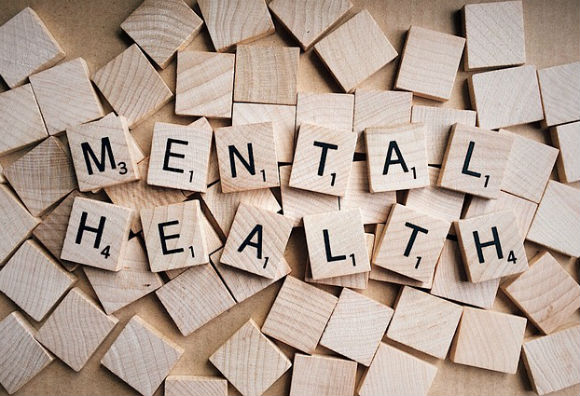Mental health issues among Millennials at all time high
- Emma Finamore
- 14 Oct 2018
Official mental health statistics show that mental disorder, distress, and feelings of depression among millennials are at an all-time high, more than trebling in the last few years.

Millennials are considered an anxious generation, which is often attributed to an obsession with technology, overbearing parents and the stress that comes with trying to fit into a social media-driven world. But, according to experts, the anxiety and often depression experienced by young adults lies in uncertainty.
Fresh Student Living have looked at what is to blame for the recent rise in anxiety among young people.
What Age do Mental Health Problems Occur?
Official mental health statistics show that mental disorder, distress, and feelings of depression among millennials are at an all-time high, more than trebling in the last few years. Additional data reveals even more shocking numbers:
- 1,180 students left university in early 2014 -15 due to mental health problems
- 8 million people suffer from some form of anxiety disorder in the UK
- 50% of mental health problems occur by the age of 14 and 75% by age 24
- Almost five times as many students suffer from a mental health condition compared to 10 years ago
- More than 15,000 students in the UK disclosed a mental health issue in 2015 -16, compared to 3,000 in 2006
- 87,914 students requested counselling in 2015 -16, a 28% rise from 2013 - 14
- In 2015, 2.5% of female students and 1.4% of male students disclosed a mental health issue compared to 0.5% for both sexes in 2009 -10
Factors that influence student mental health
While the rise of technology and pushy parents are certainly contributing factors, psychologists suggest that it is the uncertainty of the future that impacts students the most. Experts suggest that the current generation of university students experience greater pressure than previous generations due to increased study costs and a highly competitive job market.
According to a recent survey by Royal Society for Public Health, Instagram has been named the worst social media network for mental health and wellbeing.
Today, millennials spend more time studying compared to previous generations, have more competition in their career, and find it more difficult to achieve job satisfaction. They also marry later in life, spending a larger portion of their lives making it on their own.
While uncertainty over things like careers, relationships and social acceptance are normal triggers for anxiety, just looking at the number of students experiencing mental health problems prove that there is a real issue.
Recent reports by YouthNet show that UK pupils are the least happy in the world, which means that feelings of anxiety and depression could begin as early as high school. More studies show that a third of young women and one in 10 young men suffer from panic attacks.
The effects of social media
According to a recent survey by Royal Society for Public Health, Instagram has been named the worst social media network for mental health and wellbeing. Almost 1,500 teens and young adults across the UK were surveyed, with the consensus being that the photos featured on the platform contributes to high levels of anxiety and depression, bullying, body image issues, and FOMO - the fear of missing out.
Previous studies have also suggested that the more social media sites a young person uses, the more likely he or she is to report anxiety and depression. Since social media posts often depict aspirational and often unattainable lifestyles, these create feelings of inadequacy and low self-esteem.
Diane Gault, head of fundraising at YoungMinds, said: “Social media is one of the many pressures young people face today. Though it can have many benefits, helping young people to express themselves and offering them the opportunity to build communities that they otherwise wouldn’t be able to, it also puts pressure on them to establish a personal ‘brand’, to be constantly available, and to seek reassurance in the form of ‘likes'.
We’re grateful for the generous fundraising from Fresh PG, which will help us continue our work fighting for young people’s mental health.”
News
- UK school leavers want to study abroad & their parents agree
- School Leaver Blog: university admissions, networking, journalism apprenticeships and more
- Are normal jobs being rebranded as “apprenticeships”?
- National Apprenticeship Week: target of 26,000 apprenticeships in Scotland
- Theresa May expands Department for Education to include apprenticeships
- School leaver blog: apprenticeship levels and more
- A-level results: Number of top grades rise for first time in six years & boys do better than girls
- Online university offers free degrees to Syrian refugees
- What young people really want in the workplace
- Huge surge in demand for Nuclear Degree Apprenticeships in the north of England